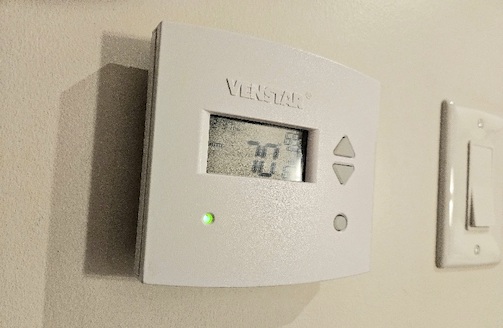
Oil vs. Natural Gas HVAC Systems: Key Differences and Considerations
Oil vs. Natural Gas HVAC Systems: Key Differences and Considerations
When it comes to heating, ventilation, and air conditioning (HVAC) systems, homeowners typically have a choice between oil-fired and natural gas systems. Each has its own set of advantages and disadvantages. In this blog, we’ll explore the main differences between HVAC systems that run on oil and those that run on natural gas to help you make an informed decision for your home.
Fuel Type
Oil-fired HVAC systems rely on heating oil, which is stored in a tank on your property. Deliveries are needed to replenish the oil supply.
Natural gas systems use gas supplied by a utility company through pipelines, eliminating the need for on-site fuel storage and deliveries.
Energy Efficiency
Historically, oil systems were less efficient than natural gas systems. However, modern oil burners have improved efficiency and reduced fuel consumption.
Natural gas is generally considered a more efficient and cleaner-burning fuel source, resulting in lower energy costs and reduced greenhouse gas emissions.
Environmental Impact
Burning heating oil produces more emissions and contributes to air pollution compared to natural gas. It also releases carbon dioxide (CO2), a greenhouse gas.
Natural gas is considered a cleaner-burning fuel, emitting fewer pollutants and producing fewer greenhouse gases when combusted.
Cost
The cost of heating oil can be more volatile, subject to fluctuations in global oil markets. Prices may be higher during cold winter months.
Natural gas prices are generally more stable and often more affordable, making it a cost-effective choice over time.
Maintenance Requirements
Oil systems may require more frequent maintenance, including cleaning the burner and chimney, as well as regular oil tank inspections.
Natural gas systems typically have lower maintenance requirements and longer service life.
Installation Costs
Installing an oil-fired system may be more expensive initially due to the need for an oil tank and associated equipment, if one if not already present.
Natural gas systems often have lower installation costs, especially if gas pipelines are readily available in your area.
Availability
Oil may be a viable option in areas where natural gas pipelines are not available.
Natural gas is more widely accessible in urban and suburban areas with established gas infrastructure.
Heating Efficiency
Older oil furnaces may have lower heating efficiency, but newer models are more efficient.
Natural gas furnaces tend to have higher heating efficiency ratings.
Choosing between an oil-fired and a natural gas HVAC system depends on various factors, including your location, budget, environmental concerns, and existing infrastructure. Both systems have their pros and cons, so it’s essential to assess your specific needs and preferences before making a decision. Consulting with a professional HVAC technician can also help you determine the most suitable option for your home.
McMackin Mechanical has years of experience consulting clients on the system that’s best for them. Combined with their expert installation and maintenance services, they are your premier option for all your HVAC needs. Ready to get started? Give our office a call and a member if our team will be happy to assist you.



